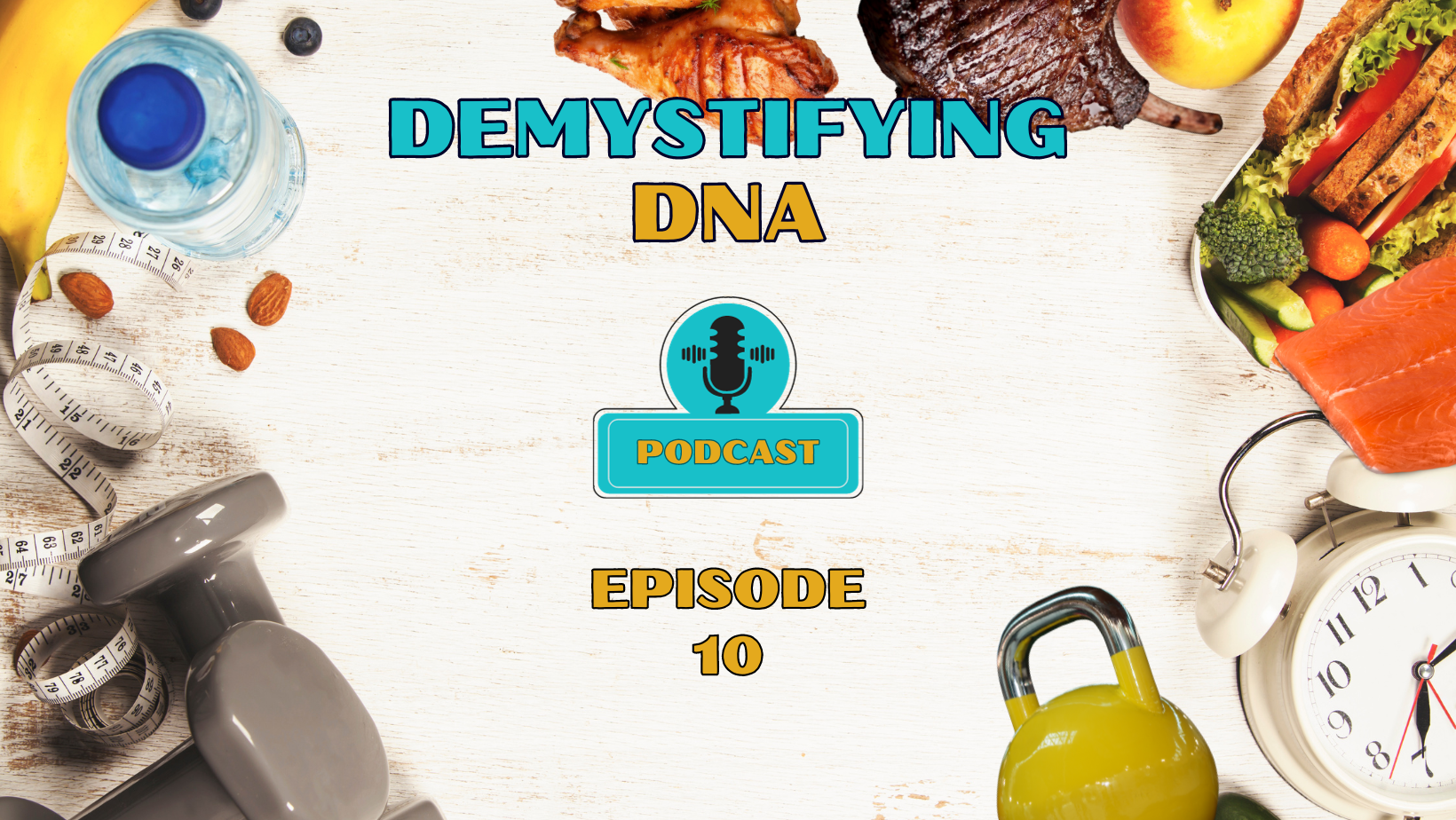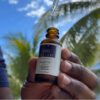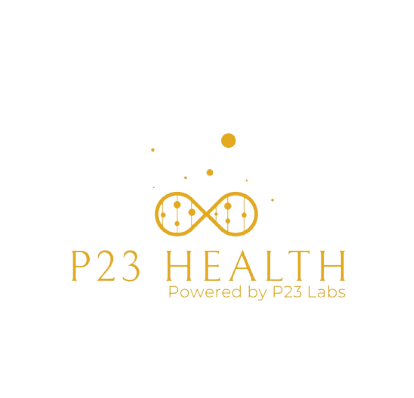
How Lifestyle Affects Your Genes – P23 Health – P23 Health
[ad_1]
In the captivating world of human biology, the exploration of genetics has always been at the forefront. Yet, as scientific understanding deepens, the emerging field of epigenetics stands out, revealing the profound ways our lifestyle choices can impact gene expression. In their insightful podcast episode, Dr. Tiffany Montgomery and Nick Cuevas venture into this intriguing subject, highlighting the significant role of epigenetics in shaping our genetic destiny.
Epigenetics can be visualized as a set of unique annotations within a comprehensive manual – the manual symbolizing our DNA, and the annotations representing epigenetic modifications that instruct our bodies on which genetic segments to express or suppress. This metaphor demystifies the intricate interplay between our genetic code and lifestyle factors. Elements such as nutrition, physical activity, and stress management don’t modify the DNA sequence itself but can significantly influence gene expression patterns.
Dr. Montgomery shares personal anecdotes about her twins, offering a real-world glimpse into how identical twins, sharing nearly identical genomes, can exhibit distinct health profiles and life trajectories. These differences are attributed to epigenetic variations shaped by each twin’s unique environment, experiences, and choices. It’s a compelling example of how even genetically similar individuals can manifest divergent health characteristics, physical appearances, and behaviors.
The episode delves into the transformative potential of epigenetic understanding in health and wellness realms. P23 Health’s cutting-edge genetic testing is spotlighted, providing insights into our genetic blueprints and how our surroundings and lifestyle decisions impact our health. Dr. Montgomery underscores the value of proactive and informed choices in enhancing health outcomes.
This podcast episode transcends a mere discussion of scientific concepts; it stands as a clarion call for listeners to recognize their influence over their genetic health. Dr. Montgomery urges listeners to harness the power of epigenetics through mindful lifestyle choices, leading to positive genetic modifications.
Ultimately, the episode serves as a beacon, guiding listeners toward personal empowerment in genetics. It emphasizes that our health destiny isn’t solely determined by our DNA but is significantly shaped by our daily choices. The key message is to actively participate in your well-being, maintain a sense of curiosity, and embrace the deep connection between your environment and genetic expression.
As the episode concludes, listeners are left empowered, knowing they can actively influence their genetic health. They are invited to join Dr. Tiffany Montgomery and Nick Cuevas on a transformative journey where science and lifestyle intersect, molding our genetic landscape.
Q: What is DNA and how does it function in our bodies?
- A: DNA is like a super special code or recipe that makes you, functioning as a long string of instructions (like a necklace made of tiny beads or bases in different colors) that tells your body how to grow and work properly.
Q: How does Dr. Montgomery describe epigenetics in relation to DNA?
- A: Epigenetics is likened to colorful sticky notes or bookmarks in a manual (DNA), which don’t change the words on the page but influence how often certain pages (genes) are read or used by the body.
Q: What is the difference between genetics and epigenetics?
- A: While genetics and DNA refer to the same thing – the inherent code in our bodies, epigenetics refers to how the environment impacts the expression of this genetic code.
Q: Can lifestyle choices influence genetic expression?
- A: Yes, lifestyle choices like diet, exercise, and stress management can cause epigenetic modifications, impacting how certain genetic segments are expressed or suppressed without altering the DNA sequence itself.
Q: How can epigenetics explain differences in twins?
- A: Epigenetics explains why identical twins, despite having the same genetic makeup, can exhibit different characteristics and health outcomes due to environmental exposures, experiences, and lifestyles causing divergent epigenetic patterns.
Q: What are some examples of how epigenetics affects health?
- A: Epigenetics can influence factors like height, disease susceptibility, memory capabilities, and physical features like eye or hair color, determined by how certain genes are expressed.
Q: What is the concept of epigenetic drift?
- A: Epigenetic drift refers to how, as twins age, their epigenetic patterns tend to diverge more due to the accumulative effect of environmental factors, leading to more noticeable differences between them.
Q: How does epigenetics contribute to disease susceptibility?
- A: Epigenetic changes can influence disease susceptibility, explaining why one twin might develop a condition like diabetes or cancer while the other does not, despite having identical genes.
Q: Why are twins valuable in epigenetic research?
- A: Twins, especially identical ones, are valuable in epigenetic research to understand how environmental factors contribute to diseases and traits, given their genetic similarities.
Q: What is the main takeaway from the episode on epigenetics?
- A: The main takeaway is the significance of understanding and embracing the power of epigenetics. It highlights that while we may have a predetermined genetic code, our environment, lifestyle, and choices play a crucial role in determining how our genes are expressed, impacting our health and well-being. These questions and answers encapsulate key aspects of the podcast’s discussion on epigenetics, providing a clear and concise understanding of the topic’s complexity and relevance.
[ad_2]
Source link














